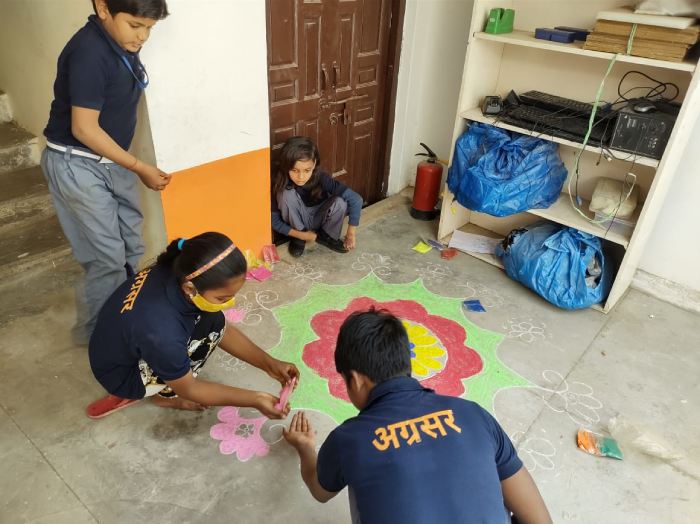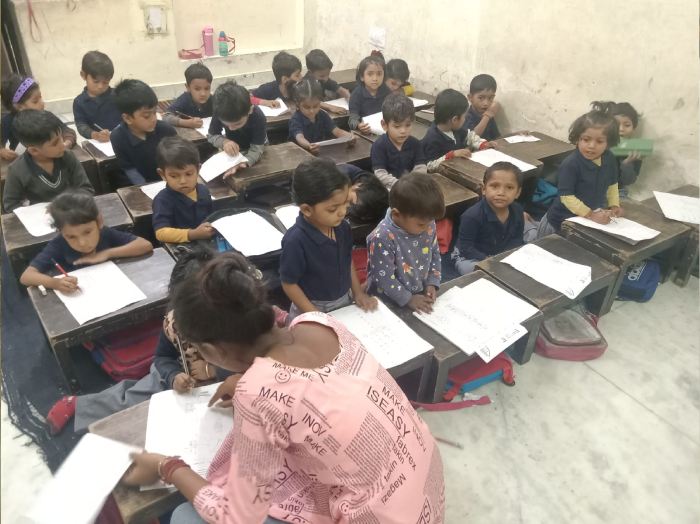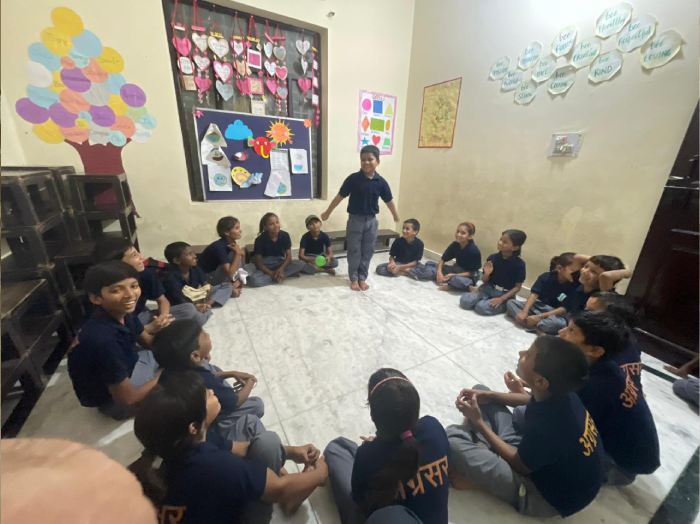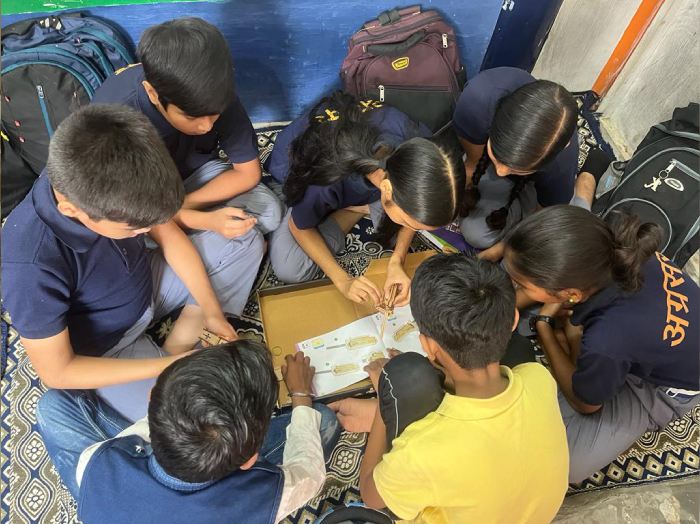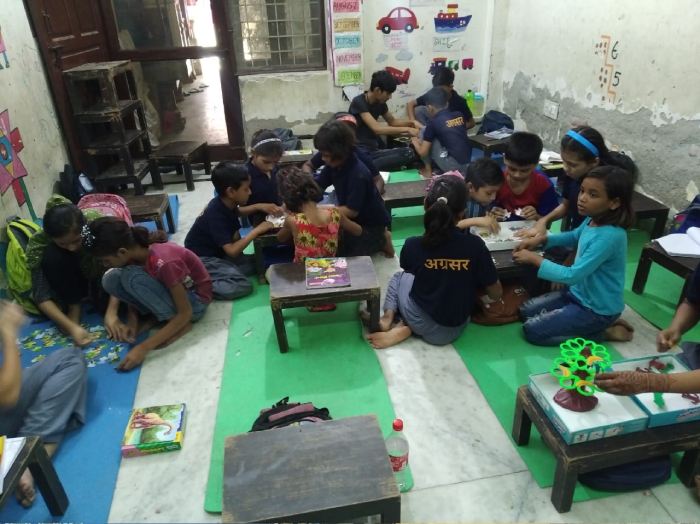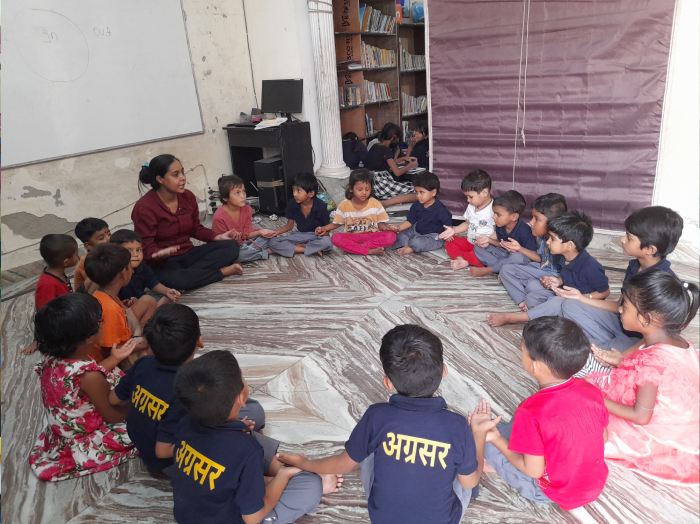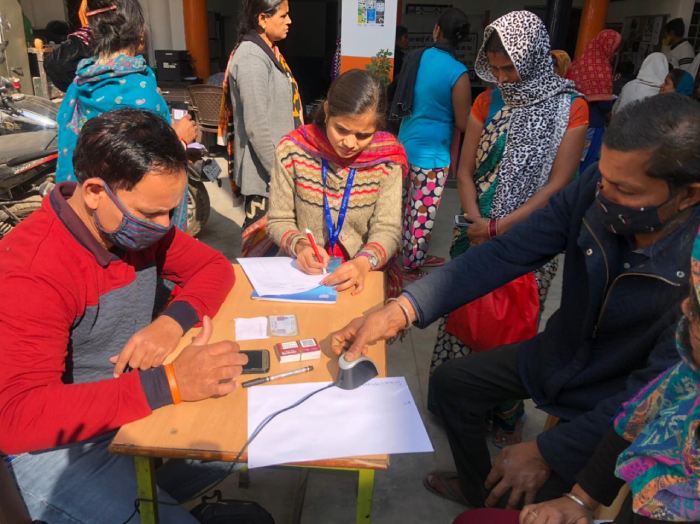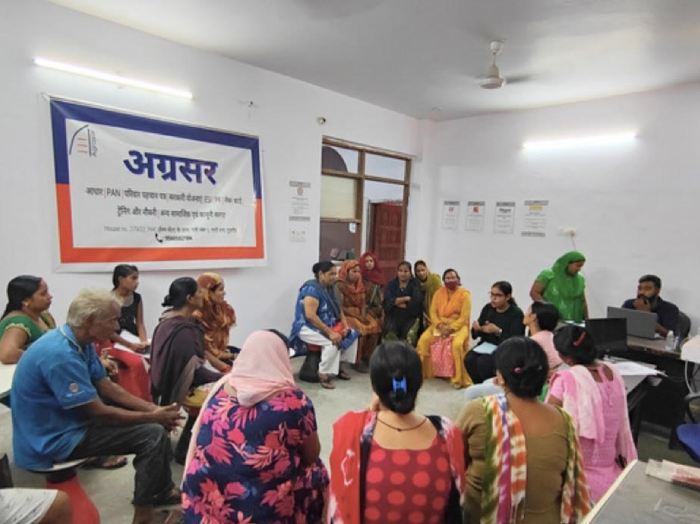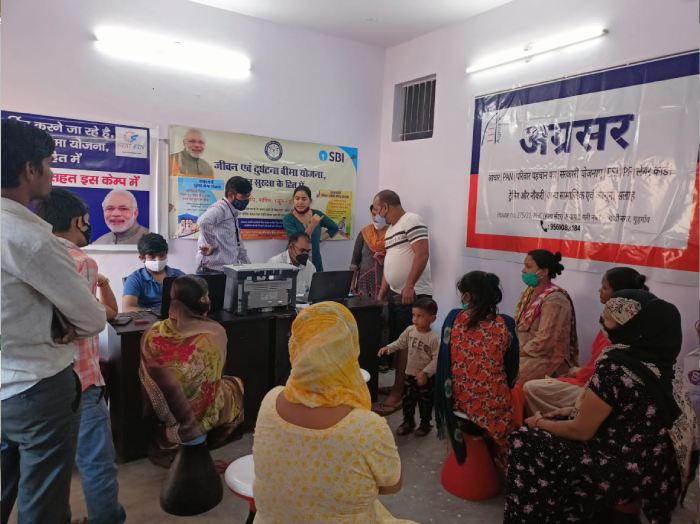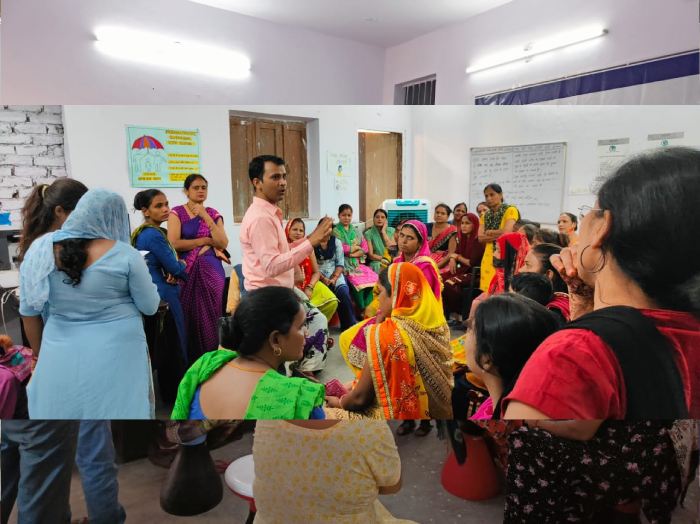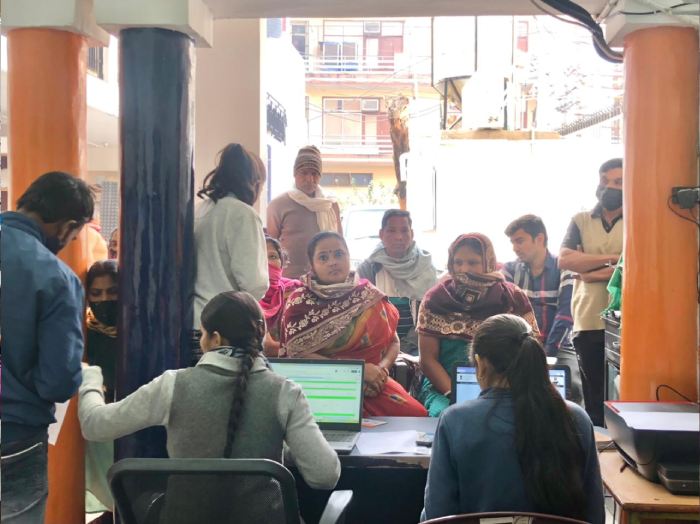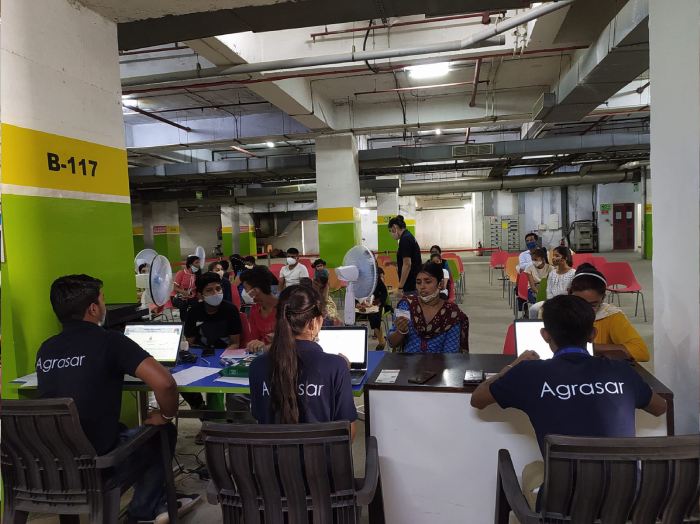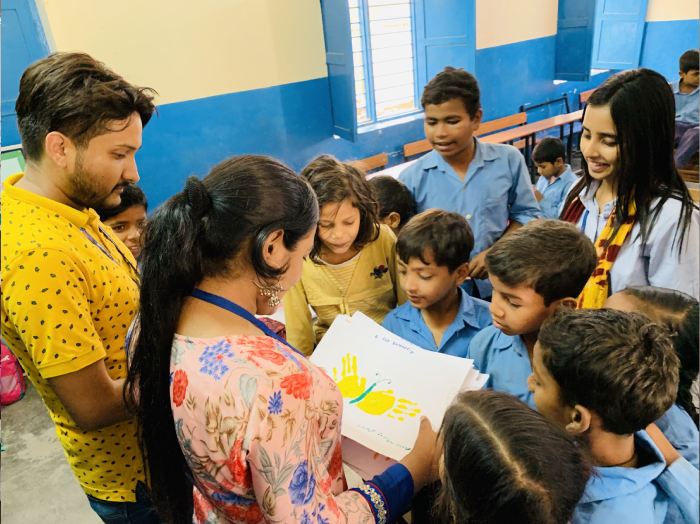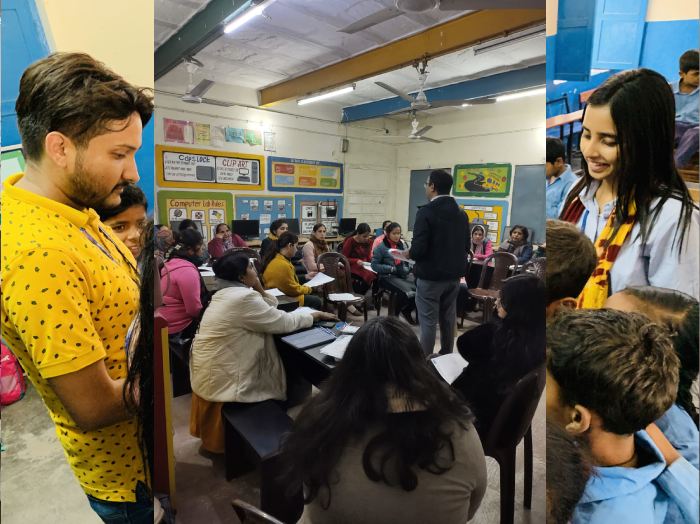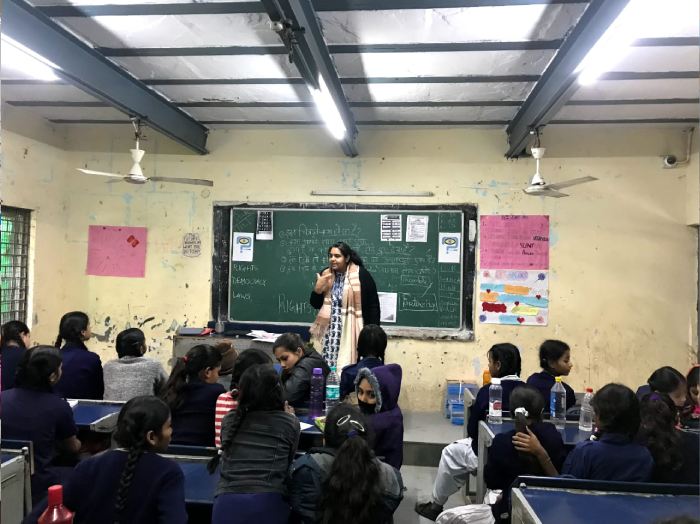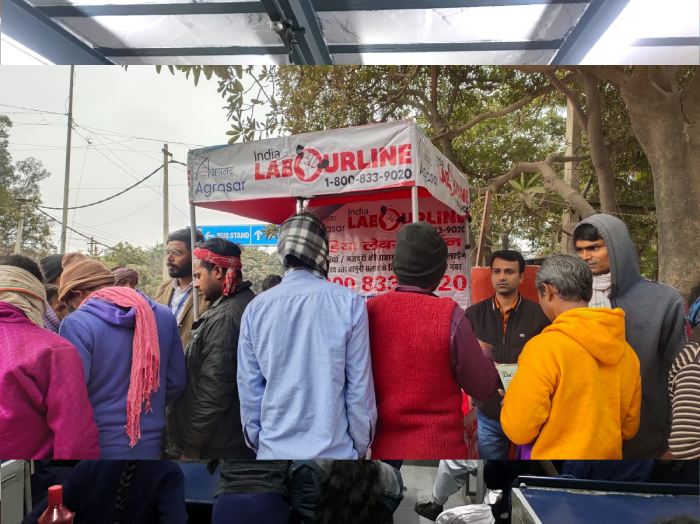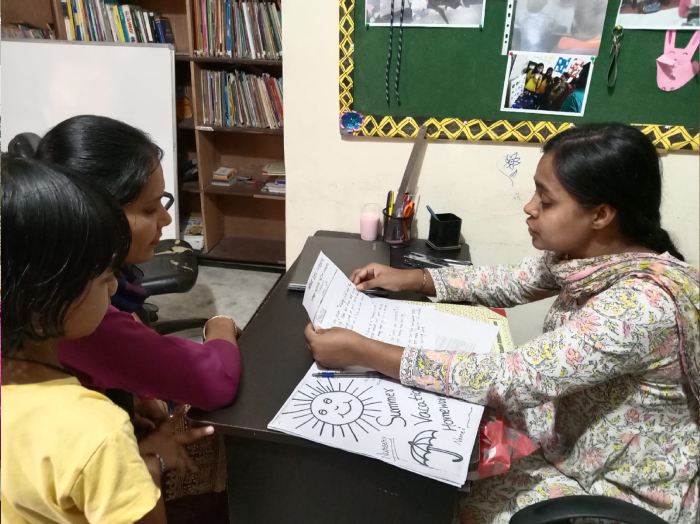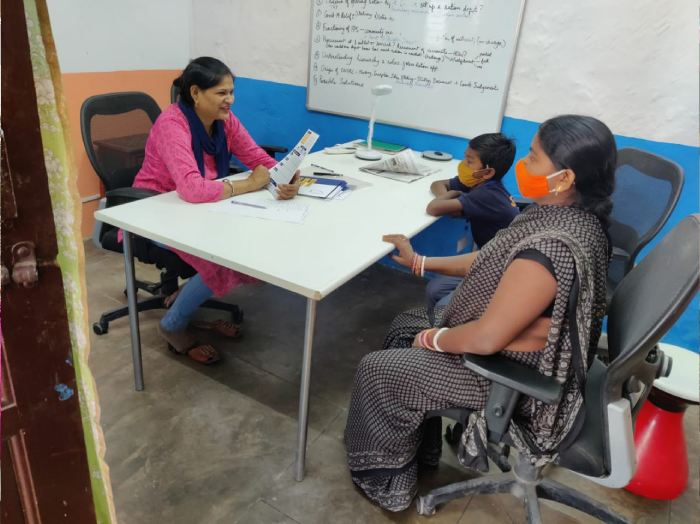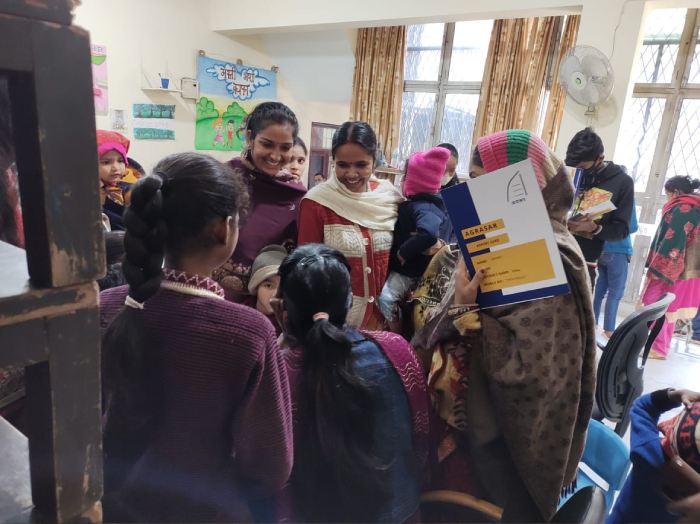Gurgaon boasts of a number of NGOs in diverse sectors such as health care, education, road safety, child welfare, employment, elderly care, skills development, training, water, and waste management. Their collaborative efforts are fostering fair and balanced growth and bridging the gap thus contributing to Gurgaon’s progress in becoming an inclusive society. Here are some NGOs operating in the city.
List of NGOs Click Here
NGO Highlight:
AGRASAR
Gurgaon boasts of a number of NGOs in diverse sectors such as health care, education, road safety, child welfare, employment, elderly care, skills development, training, water, and waste management. Their collaborative efforts are fostering fair and balanced growth and bridging the gap thus contributing to Gurgaon’s progress in becoming an inclusive society. Here are some NGOs operating in the city.
Agrasar is an organization dedicated to working with disadvantaged communities, particularly focusing on promoting equitable access to education, safe schooling, employability, and livelihood opportunities. Its mission revolves around the sustainable socio-economic development of marginalized communities by assisting them in capacity building and realizing their full potential.
A key aspect of Agrasar’s mission is to advocate for the rights of children from disadvantaged backgrounds. They aim to achieve this by eliminating corporal punishment and enhancing the overall social security of families within these communities.
Based in Gurugram, Agrasar’s operations extend to nearby regions, either directly or through partnerships with other social purpose organizations. The organization is governed by a board of trustees consisting of approximately ten members. Additionally, Agrasar collaborates with two funding partners and two other partners to support its initiatives and projects.
Overall, Agrasar’s work focuses on empowering marginalized communities, particularly children, through education, skill development, and social support, with the ultimate goal of fostering sustainable development and social equity.
1. AGRASAR BACHPAN
Agrasar Bachpan educates out-of-school children aged 5 to 12, bringing them up to age-appropriate levels and integrating them into formal schools, while also improving education quality. Our curriculum, designed by experienced teachers, aligns with NCERT indicators, emphasizing a child-centric, experiential, play-way learning approach. Continuous parental engagement ensures ongoing motivation for their children’s education. Currently, we operate two centers in Islampur and Sikanderpur, serving around 200 children.
2. ELIMINATING CORPORAL PUNISHMENT
Physical punishment and mental harassment of children is prevalent but often unrecognized violence. Government data shows 65% of school children face physical punishment, and NCPCR found nearly all children experience corporal punishment, mental harassment, or discrimination. Agrasar’s 2018 study highlighted worsened conditions for migrant worker children due to stereotypes and lack of agency.
Agrasar’s approach to enhance social security is-
• Changing social norms to recognize violence against children.
• Empowering students, teachers, and parents to address issues together, fostering better relationships, discipline, and education.
• Strengthening government responses using NCPCR and Right to Education mechanisms.
• Advancing knowledge on corporal punishment, especially for migrant workers.
• Collaborating with government schools and enhancing School Management Committees (SMCs).
3. ENHANCED SOCIAL SECURITY
1. Inter-state migrant workers, defined in Labour Codes, face challenges accessing their rights and entitlements due to informal employment and lack of documentation. We assist them in accessing social security schemes and enhancing their capacities by collaborating with various stakeholders. Our response includes:
2. Establishing Worker’s Facilitation Centers to assist in obtaining identity documents, accessing government welfare schemes, and promoting financial inclusion.
3. Operating a helpline, ‘Labour Line’ (1800 833 9020), to address worker issues, provide legal aid, and mediate for better work conditions in the informal sector.
SUCCESS STORIES
- Impact over 30,000 migrant workers annually through 6 centers, facilitating access to social security schemes and enhancing their capacities in collaboration with stakeholders.
- Our efforts to eliminate corporal punishment involve systemic change anchored on child participation, working with stakeholders for behavioral, structural, and cultural shifts.
- launched India’s first helpline (18001212120) for addressing cases of corporal punishment.
- Established a Corporal Punishment Monitoring Cell (CPMC) in a Delhi government school and partnered with Teach for India to eradicate corporal punishment.
- Educated 2500 out-of-school children and enrolled 700 in formal education.
- Over 1500 children in 2 Gurgaon government schools received life skills education, and 100 schools’ quality of education was enhanced.
- Formed 14 collectives of 623 women home-based workers, training 24 leaders on rights and entitlements, and educated over 100 Agrasar Saathis to assist migrant workers and their families.
VOLUNTEERING/INTERNSHIP/JOB
You can volunteer/intern or apply for a job by sending your CV to – [email protected]
We will reach out to you and co-design the volunteering/internship/job role. Some of the opportunities include capacity-building sessions, documentation, social media engagement, blogging, research, etc.
DONATION
Agrasar has 12A and 80G certificate. Donations under section 80G of India’s Income Tax Act, 1961 are tax-deductible. You can donate here – https://give.do/ngos/agrasar
CONTACT
- Prerit Rana – CEO and Co- founder
- Sakshi Sharma – Lead, Quality

